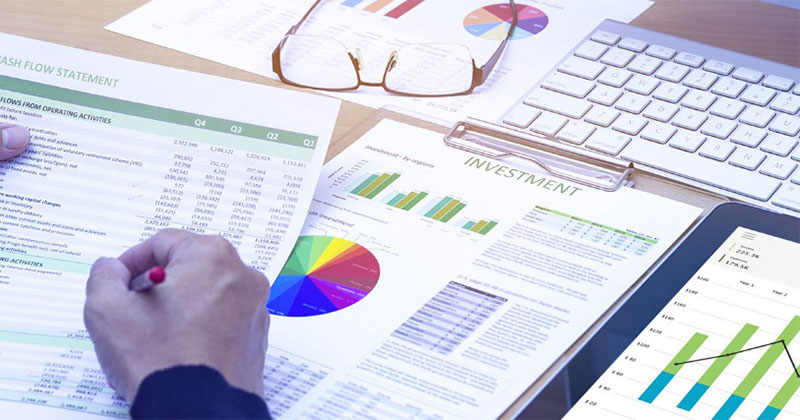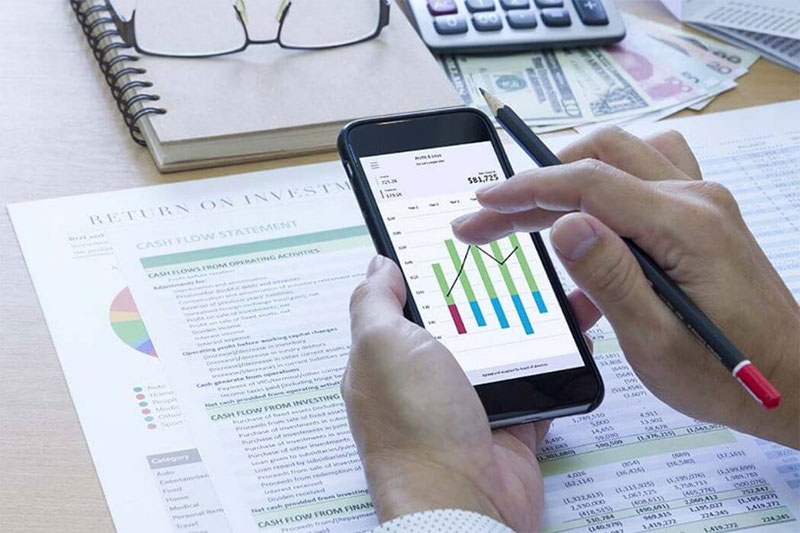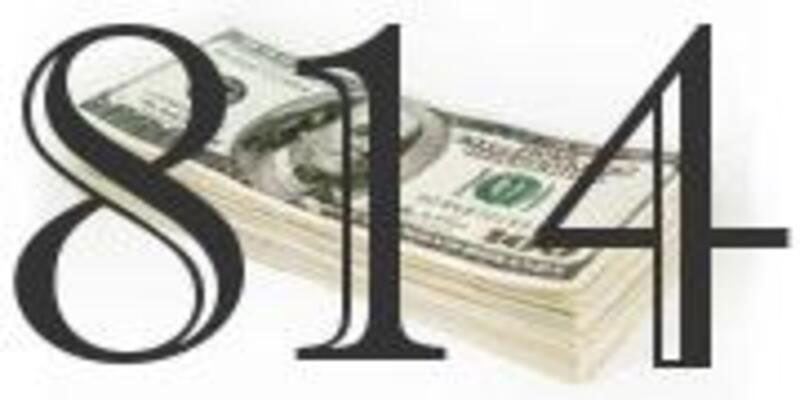Making Your Statement of Cash Flows
Apr 18, 2023 By Susan Kelly
Paycheck after paycheck, bill by bill, month after month, you satisfy all your financial commitments and can finally relax. Yet after everything is said and done, you may wonder, "Where did all my money go?"
Money management software Mint found that 65% of Americans need to be made aware of their monthly spending. A personal cash flow statement may be useful if you need help keeping track of your finances and reaching your objectives.
What Is A Declaration of One's Own Cash Flows?

Cash flow statements are frequently used to calculate a business's net cash flow over a certain period. So why should corporations get all the pleasure? The ins and outs of your finances and your net cash flow may be seen in a cash flow statement. You'll be able to get a more accurate view of your financial situation. how to create a cash flow statement from quicken for personal accounts? There will be two parts to your cash flow statement:
Income Statement:
Net worth is the difference between an individual's or company's total assets and liabilities as of a certain date.
Statement of Financial Flows:
A cash flow statement, often an income statement, is a financial document that reports on a company's cash inflows and expenditures over a certain period.
Making Your Statement of Cash Flows
The first step in making a personal cash flow statement is to compile all the data you have on your income and expenditures and calculate your net cash flow.
List Your Revenue Sources

To get started, compile whatever evidence of income you can find, such as pay stubs, bank and brokerage account statements, and tax returns. Create a list of all your sources of money coming in, such as your paycheck, stock market gains, and rental income.
One of the main goals of your cash flow statement is to give a transparent picture of your cash inflows and outflows, so be sure only to include accessible income.
You should not include, for instance, an investment account that automatically reinvests your profits. Total your earnings by tallying up the amounts from each revenue source.
List All Cash Outflows
Next, you'll need to compile a list of your debts by looking at your bank statements, invoices, and other paperwork. If you want to know where your money is going, look at your cash outflow, which should include both mandatory and optional items like:
- Mortgage
- Vehicle Financing
- Credit card average payments
- Loans for education
- Utilities
- Medical costs
- Gas
Consider Your Cash Flow After Expenses
To complete your cash flow statement, you must subtract your outgoing monthly expenses from your incoming monthly revenues. If money is left over after expenses, you have positive cash flow.
Living within your means is verified by a positive cash flow, which may contribute to investments and wealth creation. You may invest in a new car or put the money down for your child's college fund or a down payment on a house.
If you get a negative result, it indicates that your outgoings are more than your inflows and that you are experiencing negative cash flow. The data can help you make the tough decisions essential to get your finances back on track without a windfall of cash.
Methods For Increasing Profits
No of the current state of your cash flow, there are steps you can do to enhance it by cutting costs and raising revenue.
Making A Spending Plan:
By keeping track of your income and expenses, a budget may help you meet your financial obligations and save for the future. On the other hand, if you don't keep a budget, it's far simpler to lose track of your spending and underestimate your needs.
Lessening Your Outgoings:
You may check your records and total your spending by making a personal cash flow statement. Consider cancelling infrequently used subscriptions or memberships, eating out less frequently, or combining high-interest credit card debt with a low-interest loan.
Raising Your Income:
Raising your income is one way to improve and return your cash flow to the black. If your compensation is below the going rate, consider asking for a raise or volunteering for overtime. You may supplement your income by doing a second job, such as driving for a ride-hailing or food delivery service.
Saving Excess Funds:
If you have a surplus of cash, put part of it in a savings account or invest it. A major, unexpected expense, such as home repair or medical care, might force you into debt if you need more funds.
Conclusion
If you want to increase your wealth, you need to know where your money is going, and a personal cash flow statement may help you do that. Habits for your financial health are also good for your credit. In addition to alerting you to potential fraud and identity theft symptoms, Experian's free credit monitoring may show you how better financial habits may benefit your credit.





